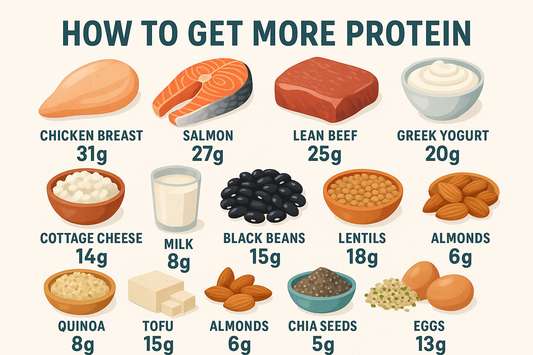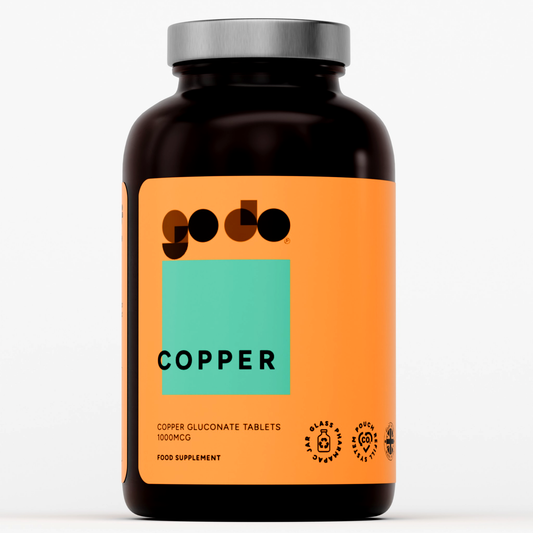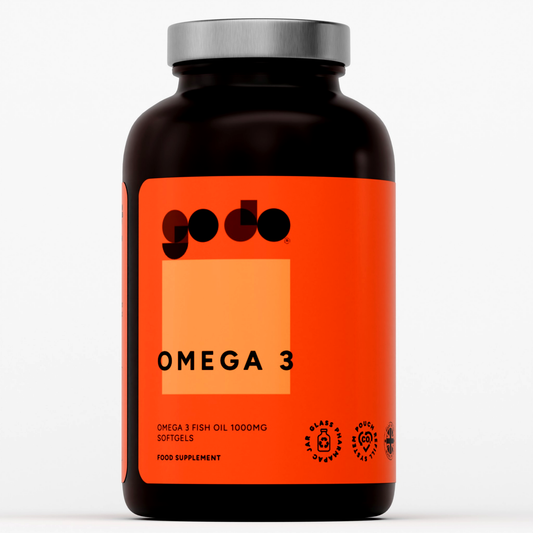In the past, sports supplements were linked with would-be Arnold Schwarzenegger-types who were intent on building droll-worthy six-packs and bulging biceps. But in recent years we have seen that they are being used by complete novices too.
Every person is different with regards to personal goals, fitness levels, intensity, and age. Not everyone requires additional supplementation in addition to a basic whey protein. On the other hand, some may benefit from Glutamine, fish oil, weight gainers, or branched-chain amino acids (BCAAs). Whether you are a beginner, a serious athlete, or a weekend, warrior sports supplements can provide you with the energy that you need during exercise and help you recover quickly for the next session. Following are some of the benefits of sports supplements:
Helps To Boost Exercise Performance
Sports supplements provide the body with key nutrients when you are working out. They help the body prepare, keep you going while you exercise, and boost your recovery afterward. You might think that you can get all the vital nutrients from food alone, but that is not the case. These supplements are a purer, refined form that is specifically designed for active people. They come in various flavours and forms such as gels, powders, bars, vials, and drinks.
If you are an athlete that plays a sport that requires short bursts of energy, then you can certainly benefit from creatine supplements. These supplements are ideal for activities like biking or running sprints, weight-lifting and strength training, and team sports such as football, basketball, and hockey. However, this supplement is not helpful for endurance sports such as long-distance running.
Another important supplement that can help you while you exercise is magnesium. Almost 60% of the magnesium found in our body is present in our bones while the rest is in soft tissues, muscles, and fluids. In fact, every cell in the body contains magnesium and needs it to function.
Magnesium helps to convert food into energy, create new proteins from amino acids, regulates neurotransmitters, and creates and repairs RNA and DNA. It also helps to move blood sugar into the muscles and dispose of lactate, which builds up in muscles during exercise and causes pain.
During exercise, you may require 10-20 percent more magnesium then while you are resting. Supplementation can help overcome this deficiency and prove beneficial for the elderly, athletes, and people with chronic disease.
Reduces The Risk Of Deficiency
Quality sports supplement can help athletes perform much better and recover more successfully, which makes it a little bit easier to achieve your goals. People who do not take in the right amount of proteins and minerals have a greater risk of deficiencies. For instance, athletes who live in high altitudes, work out indoors or have dark pigmented skin have a greater chance of suffering from vitamin D deficiency.
Studies have shown that supplementation of vitamin D may have an ergogenic effect in athletes having no adequate level of vitamin D. they have also proven that there is a direct relation between athletes performance parameters and vitamin D levels such as muscle tone and power, velocity, height, and hand-grip strength.
Conclusion
It is vital to understand that sports supplements help to increase the intake of certain nutrients that you might not be getting from your diet, but they should not be used as a replacement for whole food. Common examples include specific vitamins such as Vitamin D, proteins, and essential fats. Sports supplements make an excellent alternative to typically unhealthy convenience food choices; however, whole food should be the foundation of your diet.










